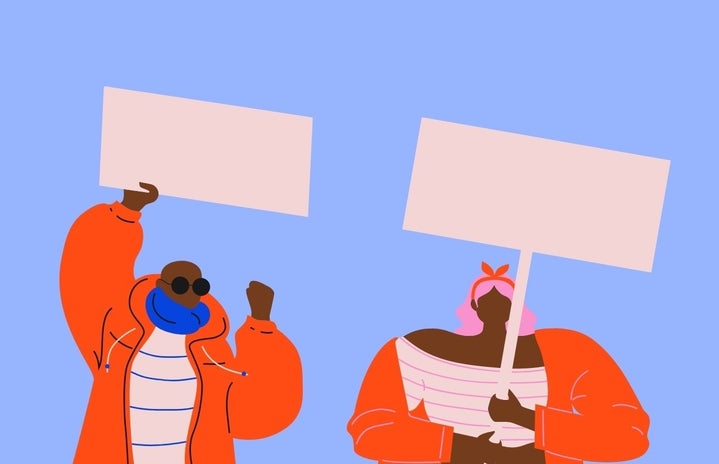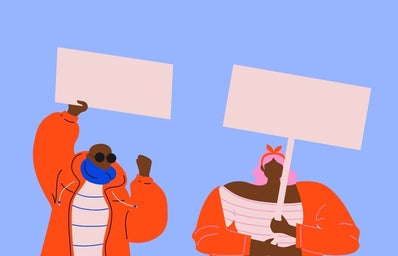*This article will contain spoilers for all three seasons of Avatar: The Last Airbender.*
Avatar: The Last Airbender (A:TLA) is an American animated series that aired on Nickelodeon from 2005 to 2008. The show is widely popular, known for its elemental magic system, much-beloved characters, and intricate storytelling. Recently, the show was released onto Netflix right as Black Lives Matter protests happened all over the world. And while A:TLA contains no Black characters, the world is based in various Asian cultures that link each nation to real world people, and the show contains themes that are almost painfully relevant in a 2020 political climate.
The character development of Prince Zuko is perhaps the most widely referenced plotline of the entire show. Zuko begins the show as its primary antagonist, hunting Aang, Katara, and Sokka (not to mention the beloved Appa and Momo) for the entirety of the first season. Despite being banished from the Fire Nation, Zuko still upholds the belief that the Fire Nation is superior, often talking down to the people he interacts with. He carries immense pride for his people, working hard to return to the Fire Nation as quickly as possible. Zuko had already been traveling the world for three years prior to the beginning of the show, and yet he was still blatantly ignorant to the damage the Fire Nation has caused. In fact, it isn’t until Zuko himself is forced to flee from Fire Nation forces that he’s exposed to the harsh realities of war. Zuko experiences poverty for the first time, he works a job, he encounters Earth Kingdom towns whose numbers have dwindled nearly into nonexistence, and he travels alongside refugees desperately seeking safe passage from their war ridden homes. And as hard as he might have tried, Zuko was unable to forget this newfound knowledge when he finally returns home, looking at the Fire Nation in an entirely new light. This is what ultimately drives Zuko to leave again in the final season, pledging to help Aang defeat the Fire Lord and restore balance to the world.
What’s important to remember about Zuko’s arc is that Zuko was never a bad person. In fact, it was his empathy and compassion that led to his banishment. In season two, we see Zuko steal food and supplies to take care of his uncle while also going hungry when he’s on his own. Zuko didn’t suddenly become good, he always was. His defining choice was in rejecting the hateful, imperialist mindset that he had held onto for so long, and then actively working to break down the systems that had put it in place. And when he did, Zuko took full responsibility for his past actions and worked to make amends, which is perhaps the most important step both for Zuko as well as anyone going through a similar process of unlearning past beliefs.
When it comes to anti-racist work, a lot of people believe that becayse they aren’t part of the extreme that they are not part of the problem. In A:TLA, the vast majority of the Fire Nation was peaceful, only a select few actually committing acts of violence. But nearly all of them were complicit in that violence, as they did nothing to attempt to stop it. It is not enough to simply not participate in the violence being inflicted upon others, you have to participate in the dismantling of the structures that allow the violence to take place.


